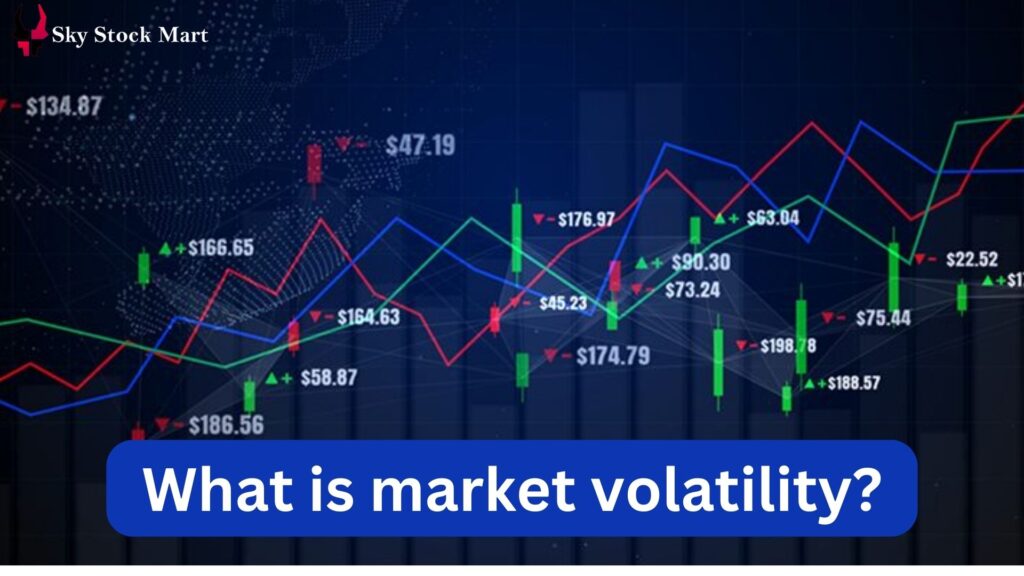Demystifying Market Volatility: Understanding the Dynamics that Drive Financial Turbulence
Introduction:
What is market volatility?
In the dynamic world of finance, market volatility is a term that frequently makes headlines and sparks discussions among investors, analysts, and the general public.What is market volatility? But what exactly is market volatility, and why does it matter? In this blog post, we’ll delve into the concept of market volatility, exploring its definition, causes, and implications for investors.
Defining Market Volatility:
Market volatility refers to the degree of variation in the trading price of a financial instrument, such as stocks, bonds, or commodities, over a specific period. Essentially, it measures the extent of price fluctuations and the speed at which these changes occur. Volatility is a crucial aspect of financial markets, impacting investment decisions, What is market volatility? risk management strategies, and overall market stability.
Causes of Market Volatility:
- Economic Indicators: Economic data, such as GDP growth, employment numbers, and inflation rates, can significantly influence market volatility. Unexpected changes in these indicators can lead to shifts in investor sentiment and market movements.
- Corporate Earnings: The financial performance of companies, especially those comprising major stock indices, has a direct impact on market volatility. What is market volatility? Positive or negative earnings reports can trigger significant price movements.
- Global Events: Geopolitical events, natural disasters, and global crises can introduce uncertainty into financial markets, causing sudden and substantial price fluctuations. Examples include political instability, trade tensions, and health pandemics.
- Interest Rates: Central banks play a crucial role in influencing market volatility through interest rate decisions. Changes in interest rates can affect borrowing costs, corporate profits, and consumer spending, thereby impacting market dynamics.
- Market Sentiment: Investor psychology and sentiment play a vital role in market volatility. News, social media, and other sources of information can quickly shape market sentiment, leading to rapid changes in buying and selling behaviors.
Implications for Investors:
- Risk and Reward: Volatility is a double-edged sword. While it introduces risks, it also provides opportunities for profit. Investors willing to tolerate higher levels of volatility may potentially achieve higher returns, but they must also be prepared for increased uncertainty.What is market volatility?
- Portfolio Diversification: Diversifying a portfolio across different asset classes and regions can help mitigate the impact of market volatility. By spreading investments, investors can reduce their exposure to the fluctuations of any single market.
- Risk Management Strategies: Investors employ various risk management techniques, such as stop-loss orders and options strategies, to protect their portfolios during times of heightened volatility.What is market volatility? These strategies aim to limit potential losses and provide a level of downside protection.
Conclusion:
In the ever-changing landscape of financial markets, understanding market volatility is crucial for investors seeking to navigate the complexities of investing.What is market volatility? By recognizing the factors that contribute to volatility and implementing effective risk management strategies, investors can make informed decisions and navigate the markets with greater confidence. In essence, market volatility is not just a challenge; it’s an inherent aspect of financial markets that savvy investors can leverage to their advantage.


